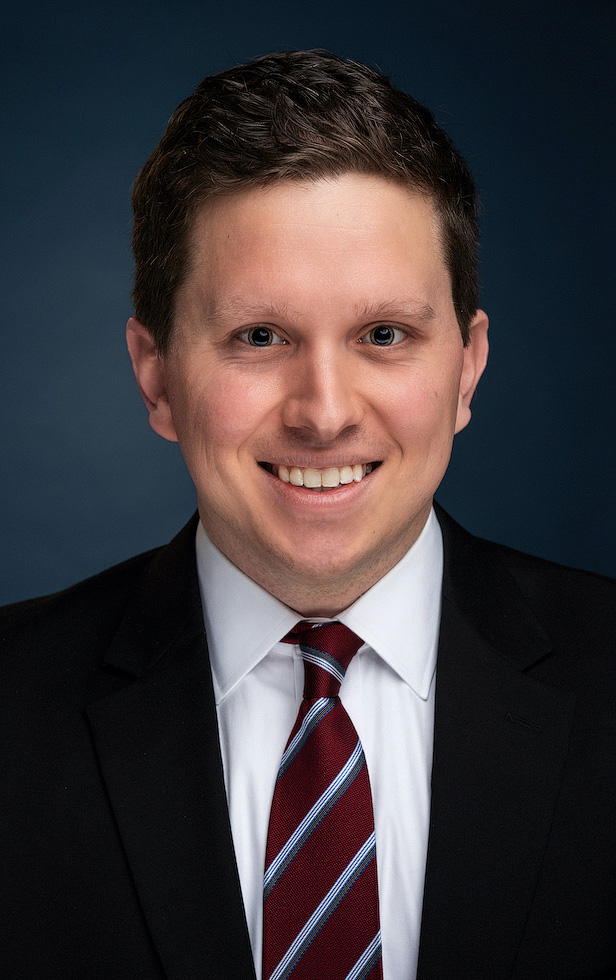One of the corporal works of mercy is to visit the imprisoned, and outreach to people who are incarcerated — especially by bringing them the sacraments — has long been a cornerstone of the ministry of Catholic priests and deacons.
For the past year, that has not been a possibility in Wisconsin because of the pandemic. But, a lawsuit filed on behalf of the Archdiocese of Wisconsin on Friday, May 7, hopes to change that.
Since March 13, 2020, the Wisconsin Department of Corrections has implemented a blanket policy banning all volunteer visits at their institutions. This policy applies to volunteer religious ministers, such as priests and deacons, who administer the sacraments to incarcerated individuals.
“This means that for over a year, (the DOC) has been denying to inmates the ability to meet in person for things like one-on-one counseling, the reception of sacraments like Confession and Communion, in-person Mass — the list goes on,” said Anthony LoCoco, Deputy Counsel for the Wisconsin Institute for Law and Liberty (WILL), which is representing the Archdiocese’s interests in this lawsuit. “It’s really a shameful and inhumane policy, but it’s also illegal. It violates the Wisconsin Constitution.”
The policy contains no exemptions for priests or deacons who are vaccinated or who are willing to comply with health and safety protocols designed to mitigate the transmission of the virus. A review of the policy was requested by WILL in early April; the DOC informed them the policy would not change.
“We were told that essentially the department had no intention of changing the policy at the present time,” said LoCoco. “That led to this lawsuit.”
“Visiting prisoners is a corporal work of mercy and follows the teachings of Jesus to visit those in prison. However, our clergy and chaplains have not been able to perform this important work for more than a year, which means prisoners have been denied access to the sacraments that are crucial to our Catholic faith,” said Sandra Peterson, Director of Communications for the Archdiocese of Milwaukee, in a statement released to the media.
The lawsuit holds that this policy is in direct violation of Wisconsin Statute § 301.33, which says that “subject to reasonable exercise of the privilege, members of the clergy of all religious faiths shall have an opportunity, at least once each week, to conduct religious services within the state correctional institutions.”
“Contrary to the plain terms of Wis. Stat. § 301.33, the DOC is not allowing the Archdiocese and its priests to exercise this statutory privilege at all, much less once per week,” reads the complaint. “Its policy barring members of the clergy from ministering to inmates is utterly incompatible with this statute. The DOC has no authority to override the plain terms of Wis. Stat. § 301.33 based on its own estimation of whether admitting clergy to state correctional institutions is sufficiently important. The Legislature has already made that decision. It enacted Wis. Stat. § 301.33(1) precisely to ensure that DOC never bars religious ministers from entrance as it is doing now.”
The complaint also notes that “the DOC’s no-visitors policy does not apply to other classes of
individuals who may enter DOC facilities from outside, such as employees (which would include psychologists, social workers and teachers) and professional and legal visitors.”
“This one-sided approach really demonstrates that religious ministers and religious rights are sort of being singled out here,” said LoCoco. “While the DOC policy treats the religious with special penalty, on the other had the Wisconsin Statutes single out religious ministers for special treatment — they’re supposed to be admitted at least once a week to provide religious services to inmates, and I think that’s a recognition by the legislature of the importance of that kind of access for our inmate community. Department bureaucrats don’t have any authority to make that kind of decision, that access to religious ministers isn’t sufficiently important. That’s already been decided by the legislature.”
“The agency could apply to religious ministers the same or similar health and safety protocols it requires of employees and professional and legal visitors. It could, for example, require temperature checks, COVID tests, masking, hygiene procedures, social distancing, outside visits, or even proof of vaccination,” reads the complaint. “But the DOC has attempted none of these measures and has not proven that any of these options (widely used in sensitive settings like nursing homes and hospitals) are inadequate. Instead, it has simply adopted a blanket ban, while permitting many other individuals to access its facilities. The Wisconsin Constitution forbids this approach.”
The DOC has 45 days to respond to the complaint.
“I would really like to see (the) DOC do the right thing here and simply change its policy without the need for this lawsuit to proceed any further,” said LoCoco. “There are reasonable approaches to allowing access in a way that protects inmates. Nobody’s disputing that COVID-19 is a serious health risk that needs to be addressed, but they can use the same health and safety protocols that they are using for other types of individuals.”

Anthony LoCoco
